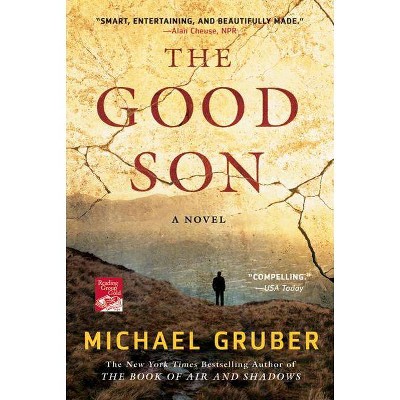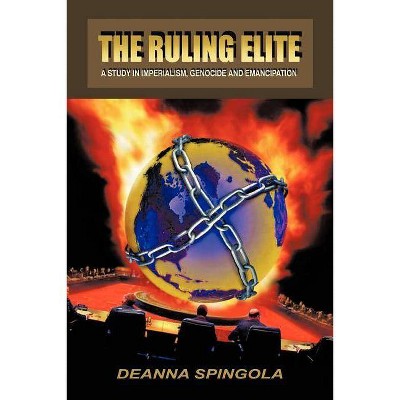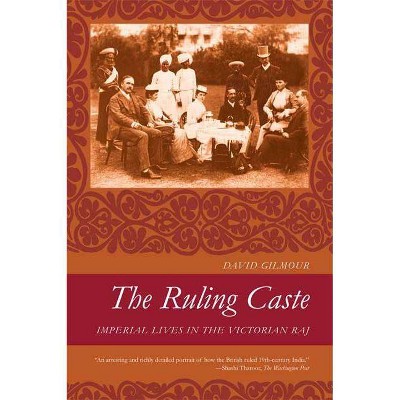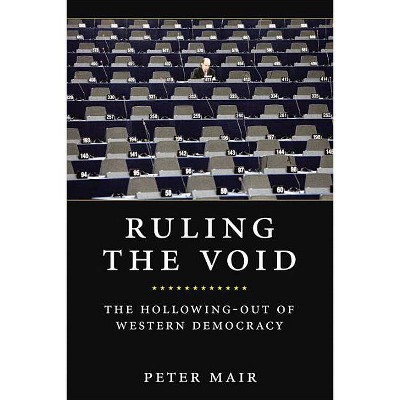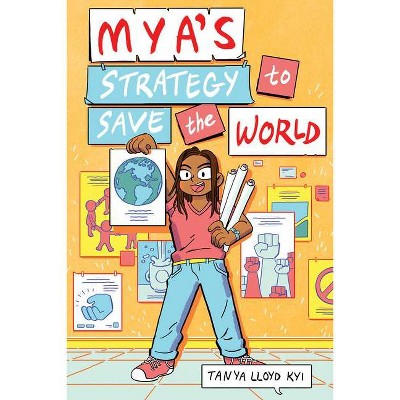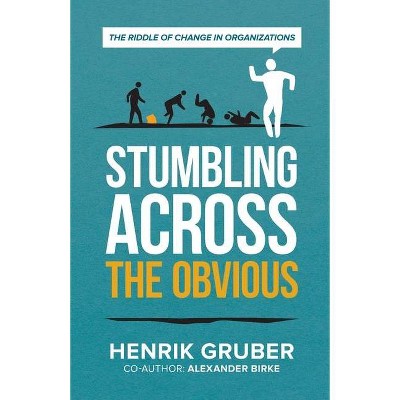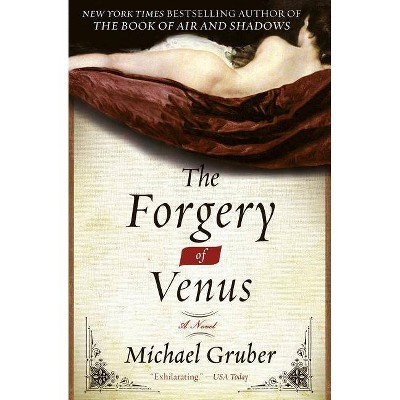Ruling the World - by Lloyd Gruber (Paperback)
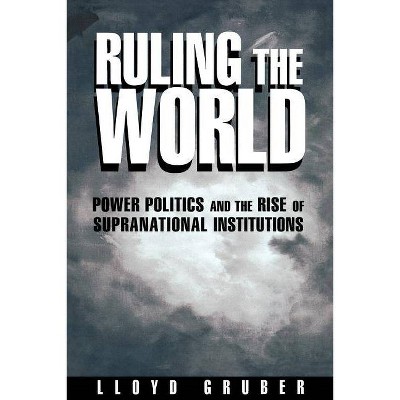
Similar Products
Products of same category from the store
AllProduct info
<p/><br></br><p><b> Book Synopsis </b></p></br></br><p>The last few decades have witnessed an extraordinary transfer of policy-making prerogatives from individual nation-states to supranational institutions. If you think this is cause for celebration, you are not alone. Within the academic community (and not only among students of international cooperation), the notion that political institutions are mutually beneficial--that they would never come into existence, much less grow in size and assertiveness, were they not Pareto-improving--is today's conventional wisdom. But is it true? In this richly detailed and strikingly original study, Lloyd Gruber suggests that this emphasis on cooperation's positive-sum consequences may be leading scholars of international relations down the wrong theoretical path. <p/> The fact that membership in a cooperative arrangement is voluntary, Gruber argues, does not mean that it works to everyone's advantage. To the contrary, some cooperators may incur substantial losses relative to the original, non-cooperative status quo. So what, then, keeps these participants from withdrawing? Gruber's answer, in a word, is power--specifically the go-it-alone power exercised by the regime's beneficiaries, many of whom would continue to benefit even if their partners, the losers, were to opt out. To lend support to this thesis, Gruber takes a fresh look at the political origins and structures of European Monetary Unification and NAFTA. But the theoretical arguments elaborated in <i>Ruling the World</i> extend well beyond money and trade, touching upon issues of long-standing interest to students of security cooperation, environmental politics, nation-building--even political philosophy. Bold and compelling, this book will appeal to anyone interested in understanding how power politics really operates and why, for better or worse, it is fueling much of the supranational activity we see today.</p><p/><br></br><p><b> From the Back Cover </b></p></br></br><p>"<i>Ruling the World</i> is based on a powerful insight. The arguments by Gruber are made very rigorously, and the research is carefully done. There are few works in the field of integration and institutions that have the scope of this book.... Gruber also writes very well and tells a great story. His style is simple, direct, and engaging. The book would be terrific for both graduate and undergraduate audiences."<b>--James Caporaso, University of Washington.</b></p><p/><br></br><p><b> Review Quotes </b></p></br></br><br>"<i>Ruling the World</i> is based on a powerful insight. The arguments by Gruber are made very rigorously, and the research is carefully done. There are few works in the field of integration and institutions that have the scope of this book.... Gruber also writes very well and tells a great story. His style is simple, direct, and engaging. The book would be terrific for both graduate and undergraduate audiences."<b>--James Caporaso, University of Washington.</b><br><p/><br></br><p><b> About the Author </b></p></br></br><b>Lloyd Gruber</b> is an Assistant Professor in the Harris School of Public Policy Studies at the University of Chicago.
Price History
Price Archive shows prices from various stores, lets you see history and find the cheapest. There is no actual sale on the website. For all support, inquiry and suggestion messagescommunication@pricearchive.us
